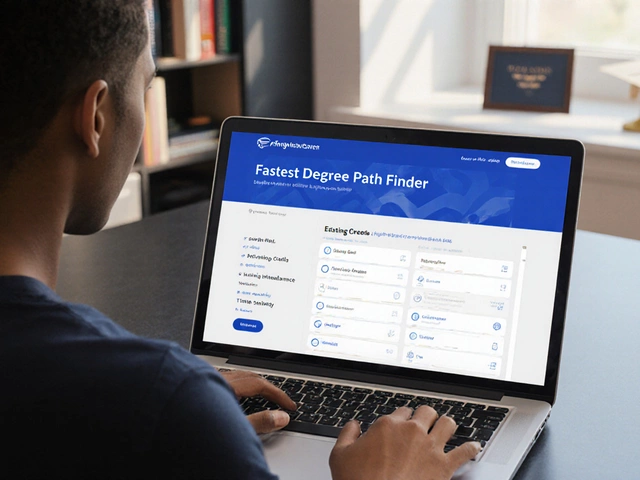Study Abroad: Practical Tips, Scholarships & Exam Advice
Thinking about packing your bags and hitting the books in another country? You’re not alone – more students than ever want a taste of life abroad. The good news? It’s not as confusing as it seems. Below you’ll find straight‑forward advice on choosing a destination, funding your trip, and tackling the exams that matter.
How to Pick the Right Destination
Start with what matters most to you. Want a bustling city vibe? London and Boston deliver endless internships and cultural events. Prefer a quieter setting with nature close by? New Zealand or the Swiss Alps might fit the bill. Write down three priorities – language, climate, cost of living – and match them to a shortlist of countries. A quick Google search of "student life in [country]" will reveal everyday realities you can’t get from brochures.
Next, check the academic reputation of the universities you’re eyeing. Rankings matter, but so do specific program strengths. For engineering, Germany offers tuition‑free options; for business, Singapore’s schools blend Asian markets with global case studies. Use the official university websites to compare course outlines, faculty profiles, and graduate outcomes.
Funding Your Overseas Studies
Money is the biggest hurdle for most. Luckily, there’s a flood of scholarships aimed at average students, not just top‑of‑the‑class prodigies. Look for keywords like "average student scholarships" or "hidden scholarship opportunities" – you’ll find resources that list awards for community service, specific majors, or even country‑specific grants.
Don’t overlook government schemes. Many UK and EU students can apply for the Erasmus+ program, which covers tuition and living costs for short‑term exchanges. US citizens often qualify for the Fulbright or Gilman scholarships, both of which target study‑abroad experiences.
Beyond scholarships, consider part‑time work. Countries such as Canada and Australia allow international students to work up to 20 hours a week during term time. This not only pads your budget but also builds valuable local experience.
Finally, budget smartly. Create a spreadsheet that lists tuition, housing, food, transport, and a cushion for emergencies. Many students find that sharing an apartment or living in university dorms cuts housing costs by 30–40%.
Once your finances are sorted, turn to the practical side – visas, insurance, and pre‑departure prep. Most student visas require proof of acceptance, proof of funds, and a health insurance plan. Start the application process at least three months before your program begins to avoid last‑minute stress.
Preparation also means brushing up on the local language and culture. Simple apps like Duolingo or language exchange meet‑ups can boost confidence. Watching local news or YouTube channels gives you a feel for daily life and helps you avoid culture shock.
In short, studying abroad is a mix of clear planning and a willingness to step outside your comfort zone. Pick a destination that fits your goals, chase scholarships that match your profile, and get your paperwork in order early. The adventure awaits – and with the right moves, you’ll make the most of every lecture, city stroll, and new friendship.






